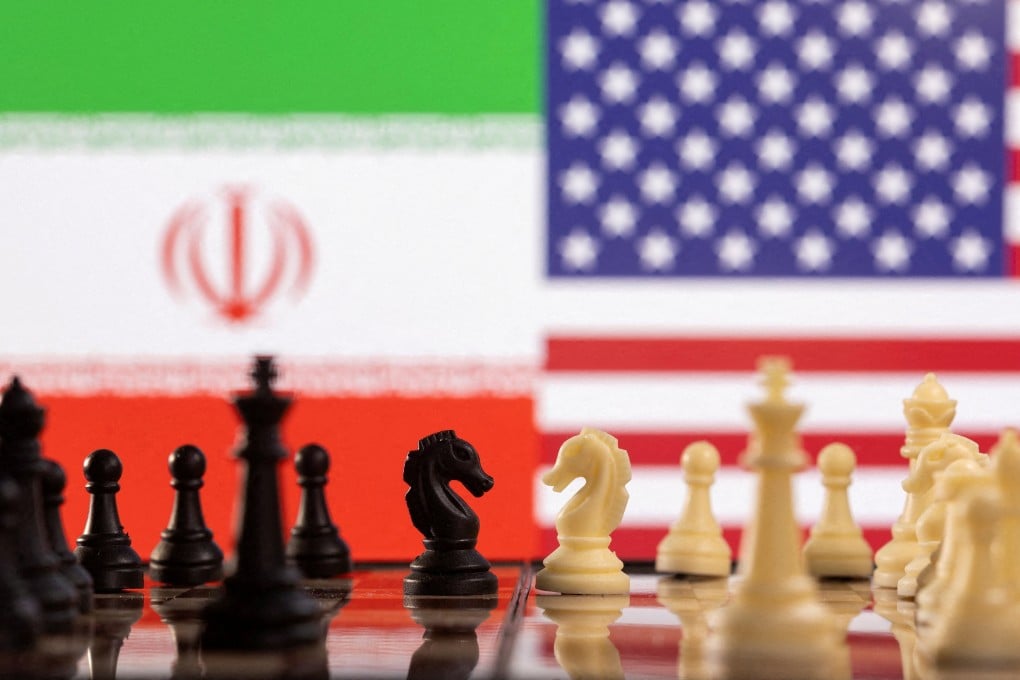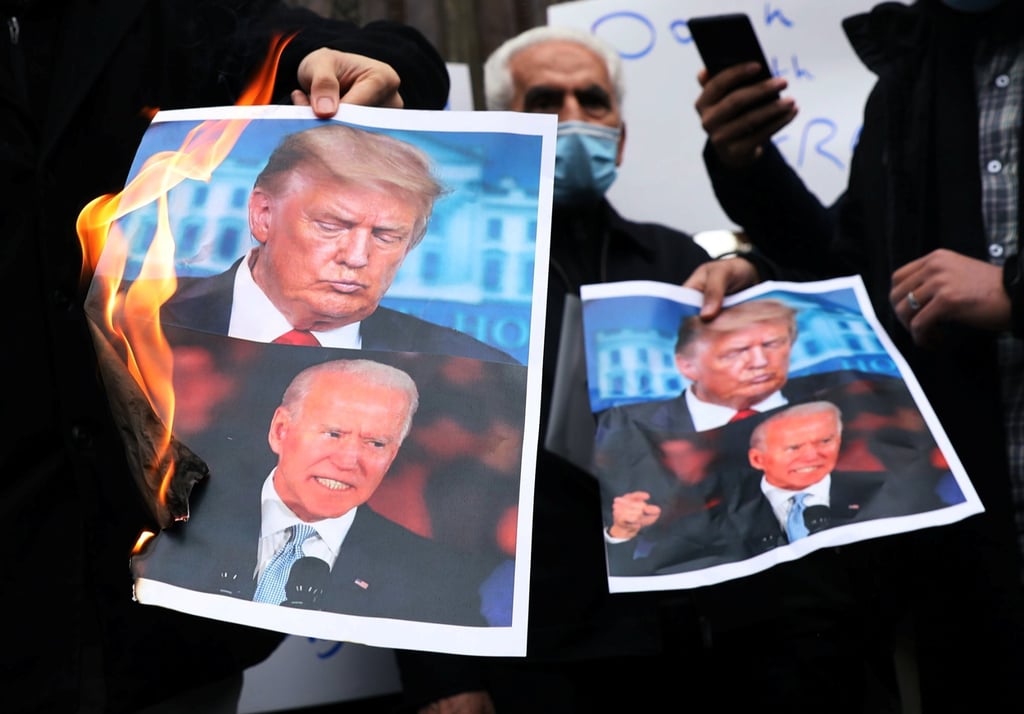Iran calls removal of US sanctions its ‘red line’ for 2015 nuclear deal revival
- Removing sanctions and Iran benefiting is country’s red line in talks, says Iranian foreign ministry spokesman; talks due to resume on Tuesday
- US signed sanctions waivers on Friday making it harder for Iran’s nuclear sites to be used to develop weapons; Iran denies wanting to make bomb

Iran said on Monday the removal of US sanctions is Tehran’s red line in talks with world powers in Vienna to revive a 2015 nuclear deal, an Iranian foreign ministry spokesman told a news conference, adding that talks will resume on Tuesday.
US Secretary of State Antony Blinken signed several sanctions waivers on Friday allowing international nuclear cooperation with Iran on projects designed to make it harder for Iran’s nuclear sites to be used to develop weapons, although a senior State Department official said that was not a signal Washington was on the verge of reaching an agreement.
In the short term, the decision will exempt foreign countries and companies that work in Iran’s civilian nuclear sector from American penalties.
“Washington has decided to take a step which has no impact on Iran’s economic situation ... a responsible (US) government should return to the deal and fulfil its obligations,” he said.
Iran’s Foreign Minister Hossein Amirabdollahian on Sunday described the US move as “good but insufficient”.

Iran, which denies ever seeking a nuclear bomb, has gradually violated nuclear limits of the nuclear pact in reaction to then-US President Donald Trump’s 2018 withdrawal from the pact between Tehran and six powers and reimposing of crippling sanctions on Iran.